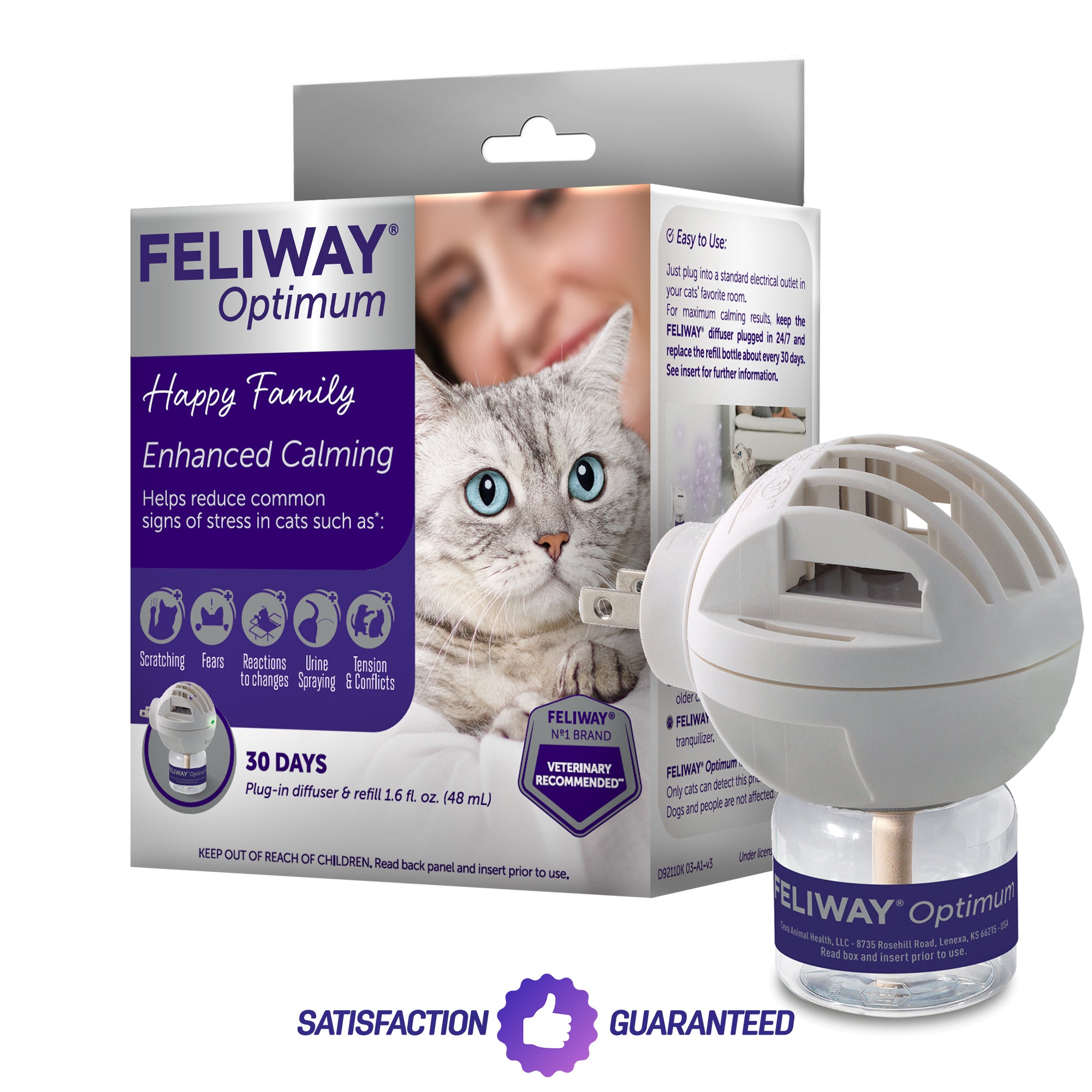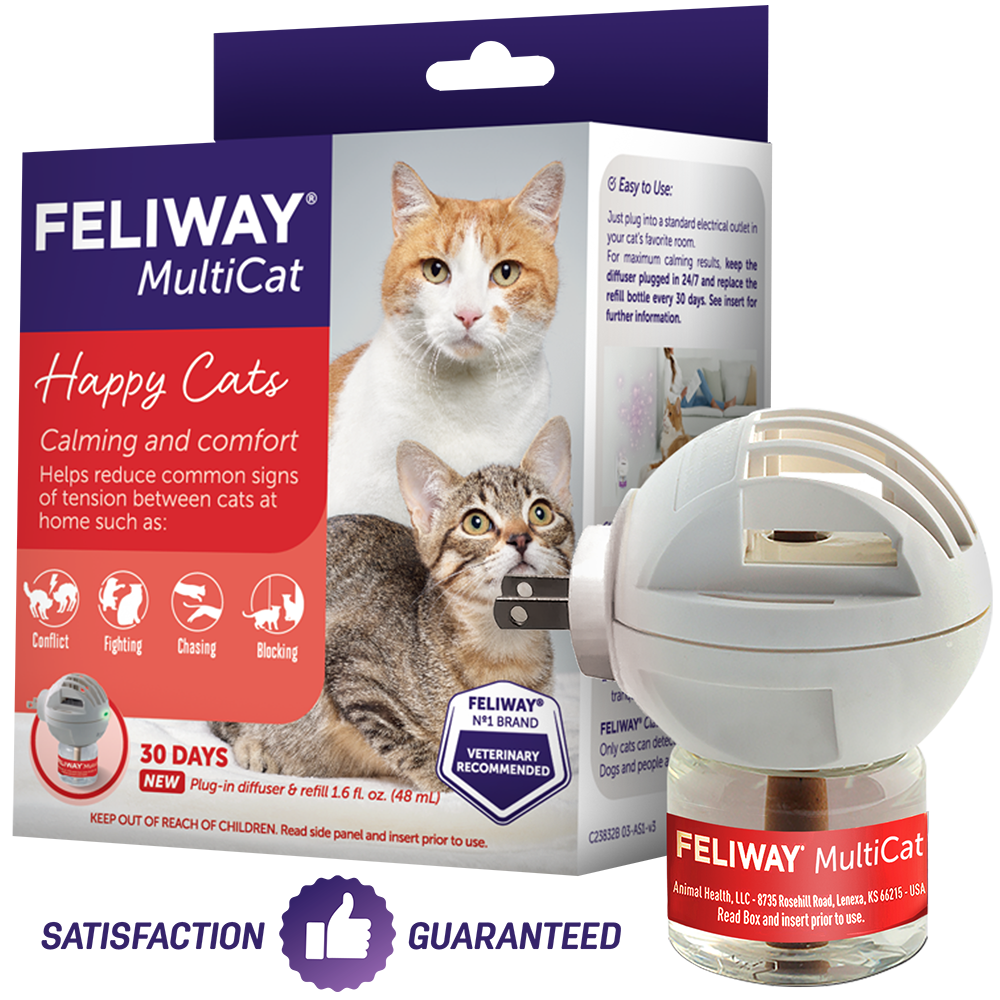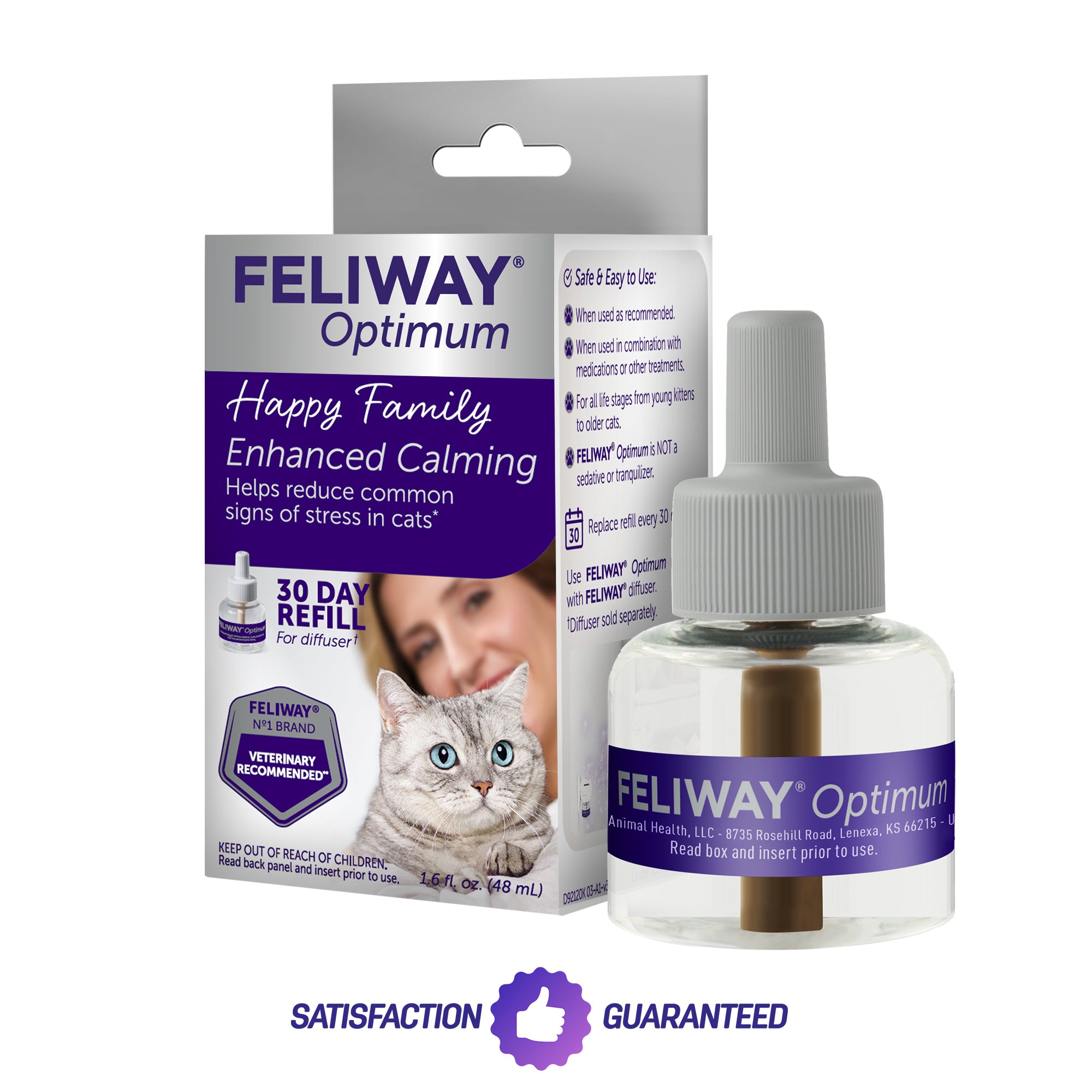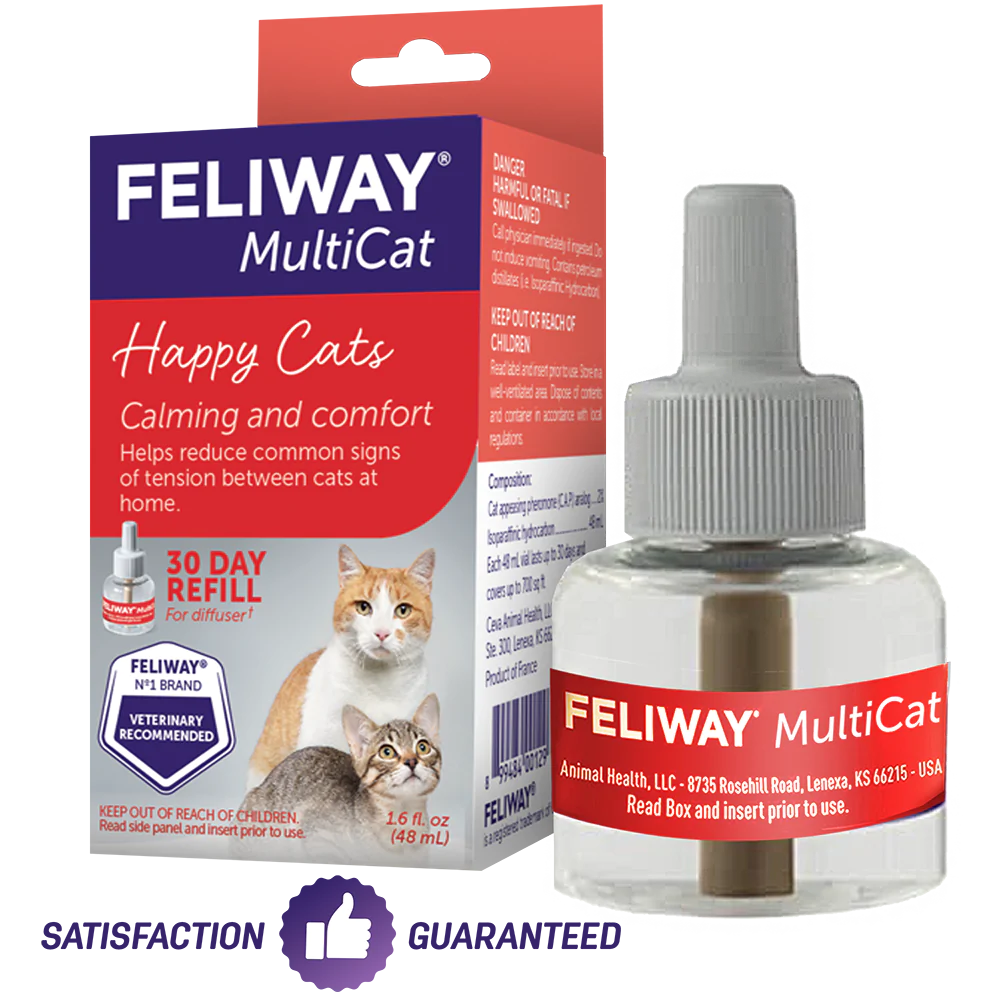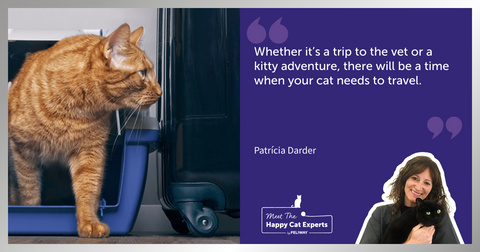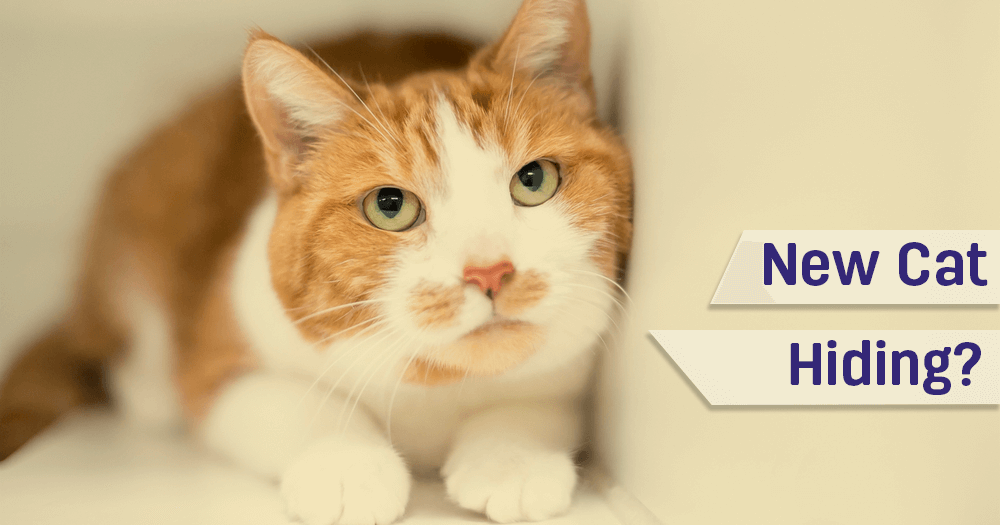
Why Is My New Cat Hiding?
feDoes your cat love spending time in your shoe box or under your bed? Hiding is a natural and normal behavior for our furry friends and can help your kitty feel more at ease. However, if your cat is hiding excessively then this may be a sign that something is wrong.
If you’ve just got a new fur-baby and they spend lots of time hiding, it could be for several reasons. It’s important to understand why your cuddly kitty is going undercover so that you can entice them out and help them feel happier!
5 Reasons Your New Cat Is Hiding
1. Your cat is on the timid side
If your cat loves to hide, it may be that they have a timid personality and need more alone time where they can relax away from everything. Like humans, some cats are naturally more cautious, while some are adventurers! So if your cat wants to take things slowly, don’t force them to leave their hiding spot. You can help your pet feel more comfortable by building them a safe haven with blankets and bedding - most cats love cardboard boxes but you can also use a cat bed or cat tree where they can retreatand feel cozy!
2. Is hiding out of character for your kitty?
If your cat suddenly takes to hiding more often than usual, this could be a sign that something is causing your cat stress. You should take your cat to the vet to check that there aren’t any underlying medical issues that are causing them pain or otherwise feel sick. If this checks out ok, consider what else might be unsettling them. Keep an eye out for other signs of stress such as scratching around the home or urine spraying.
3. They’re still getting used to their new home!
Remember that moving home can be quite an overwhelming experience for your new cuddly kitty! It’s perfectly normal for them to take some time to get used to their new surroundings. They’ll want to settle in at their own pace and hiding can help them adjust and feel secure. Make sure that they have access to their favorite hiding spots at all times so that they have somewhere to go and feel safe.
4. Loud noises can be scary!
Loud or unfamiliar noises around the home or outside could be frightening your kitty. Their natural response here will be to flee to a place of comfort and safety - they’ll stop hiding once they feel calm and relaxed. Try and avoid using loud tools, such as the vacuum clenare, or listening to the radio or tv at high a volumes as this may be frightening for your cat. Remember that your kitty’s hearing is more sensitive than yours, so what seems quiet to you may be significantly louder for them! Closing windows and blinds can also help muffle loud noises from outside.
5. Has something changed at home?
Cats are very sensitive to their surroundings so if something has changed in your home this could be upsetting them. For example, if you have made changes to their routine or introduced something new, this could unsettle them - even a new smell could be out of the ordinary. Introducing a new cat or another animal to your home is a common trigger. Cats like their space and are independent animals, so they may not take too kindly to a newcomer! Watch out for bullying, avoidance or conflict between your pets and check that there are enough resources for everyone.
How Can I Help My Cat When They Are Hiding?
1. Allow your cat the freedom to make their own decisions.
Cats feel less stressed when they are in control so allow them the freedom to move about your home as they please. You shouldn’t attempt to stroke or soothe your cat when they are hiding even though it is very tempting. To avoid unknowingly reinforcing the unwanted behaviours / hiding. Instead, allow them some space. Instead, allow them some space ! Then once they leave their hiding spot, praise and give your kitty treats. This may encourage them to spend more time with you and not be scared.
You can also encourage your cat to perform positive behaviors. For example, you could move food or treats close, but just out of reach enough that your kitty has to be brave and come out to reach it! Never scold your cat or force them from their hiding spot as they will respond to this negative reaction with avoidance.
2. Provide your cat with physical and mental stimulation
Keeping your furball occupied is one way to stop them from spending too long in their hiding spot. Provide your cat with scratching posts, toys and food puzzles and make sure that you spend enough play time with them every day. It’s best to play with your kitty in the evening when they will be at their most active and use treats to reward them for positive actions. This is a great time to bond with your furry friend, and to make sure that they feel as safe as possible in their new home.
3. Ensure your kitty has the resources they need
Make sure that your furry bundle of joy is getting enough food and water, as well as access to their litter box and scratching post. If they don’t seem to be eating or drinking enough or are scared to use their litter box, consider moving it to a quieter location. If you have multiple cats, make sure one is not blocking the other’s resources; always follow the n+1 rule for resources so that each cat has their own resource plus one extra.
Pay attention to your cat’s hiding, but don’t panic
Just like humans, cats can take some time to settle into a new experience so be patient with your purrfect pal! Getting used to their new situation will take time, so give your cat space and try and create the most positive, calm and quiet atmosphere possible - lessening stress will likely reduce hiding. You can help your cat settle in and reduce hiding by using FELIWAY Optimum Diffuser, which releases ‘comforting messages’, and is recommended to provide calming and constant support to your cat. Helping your cat to relax, FELIWAY Optimum contributes to your pet’s feeling of safety in their environment, which will comfort them in their new surroundings, help them feel at home and limit hiding!
